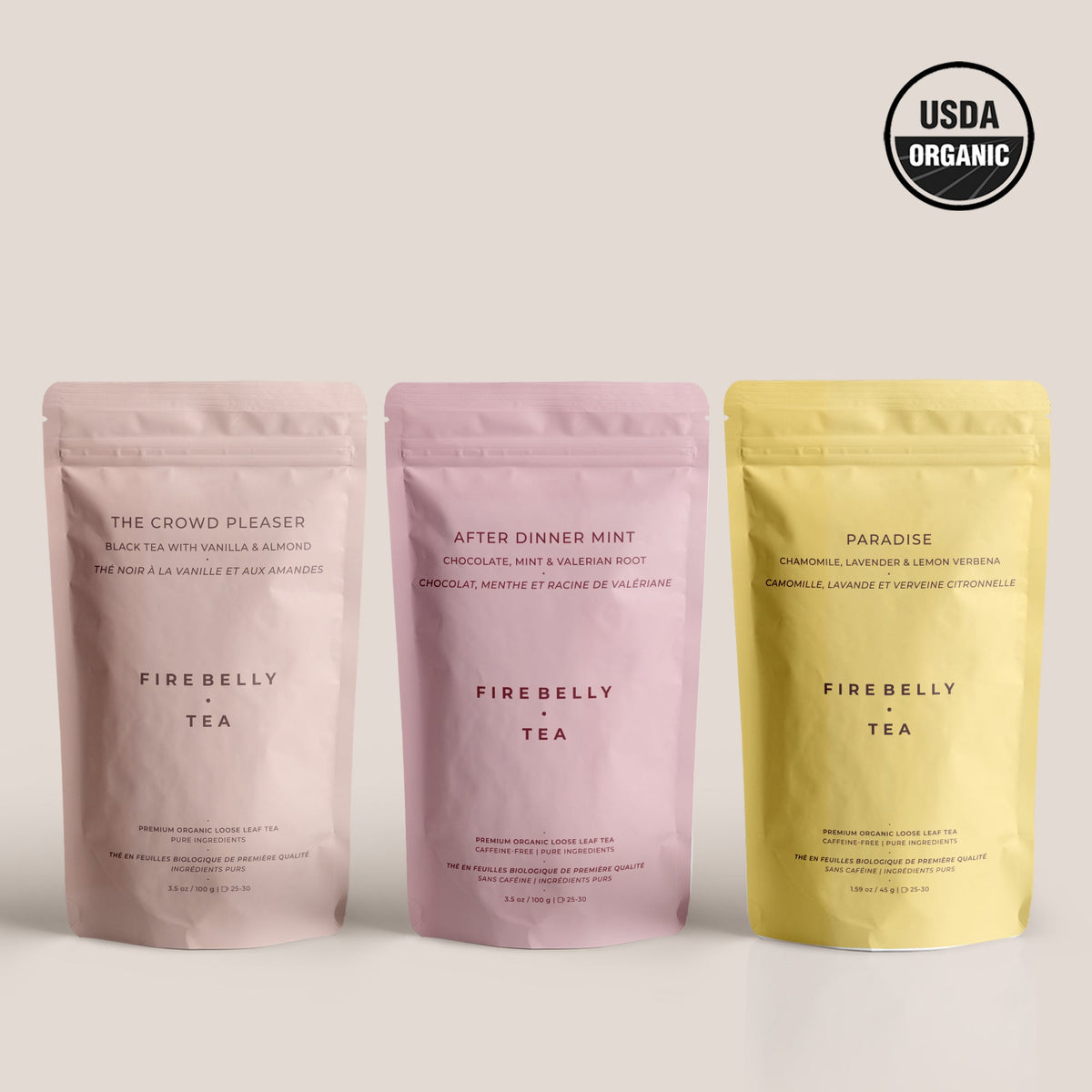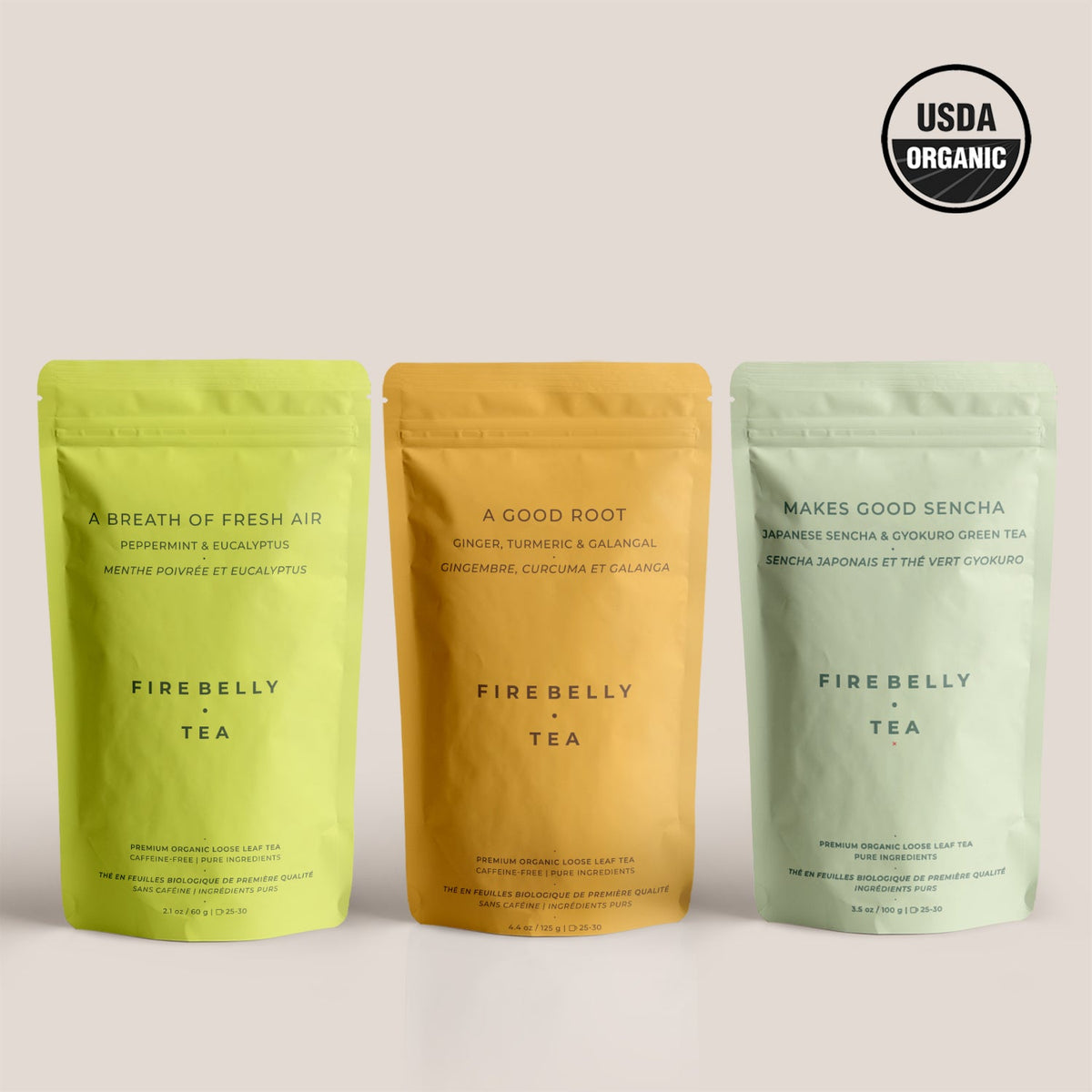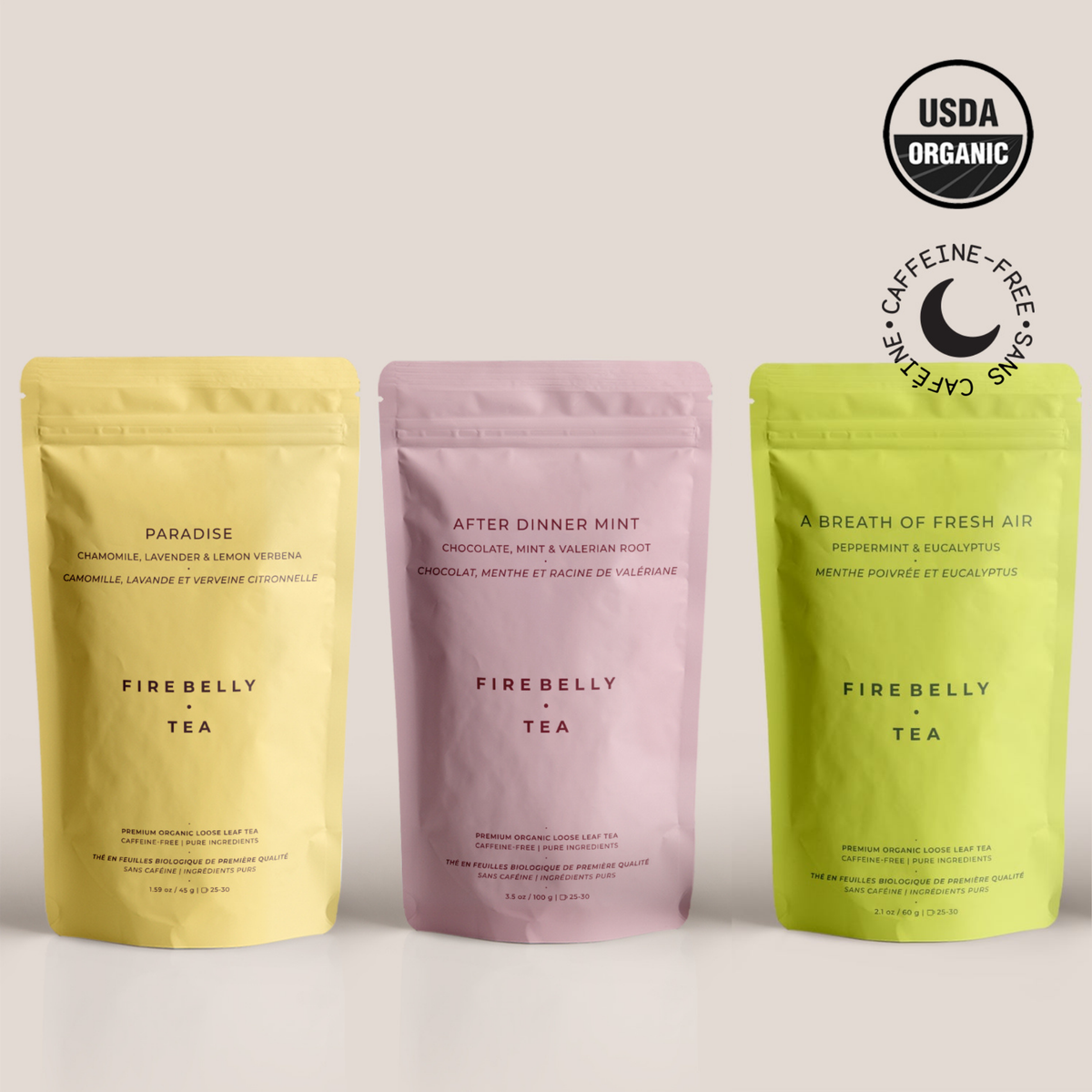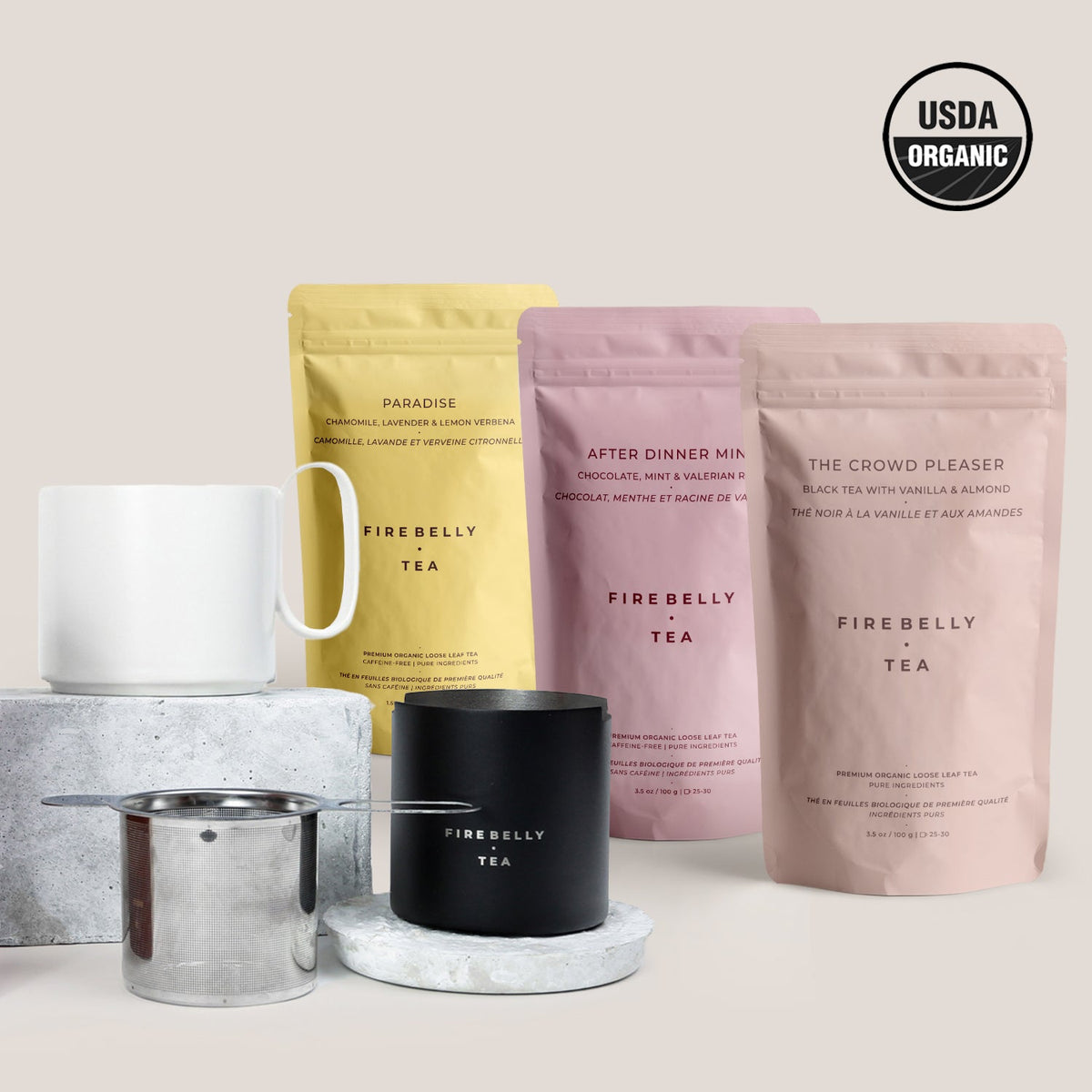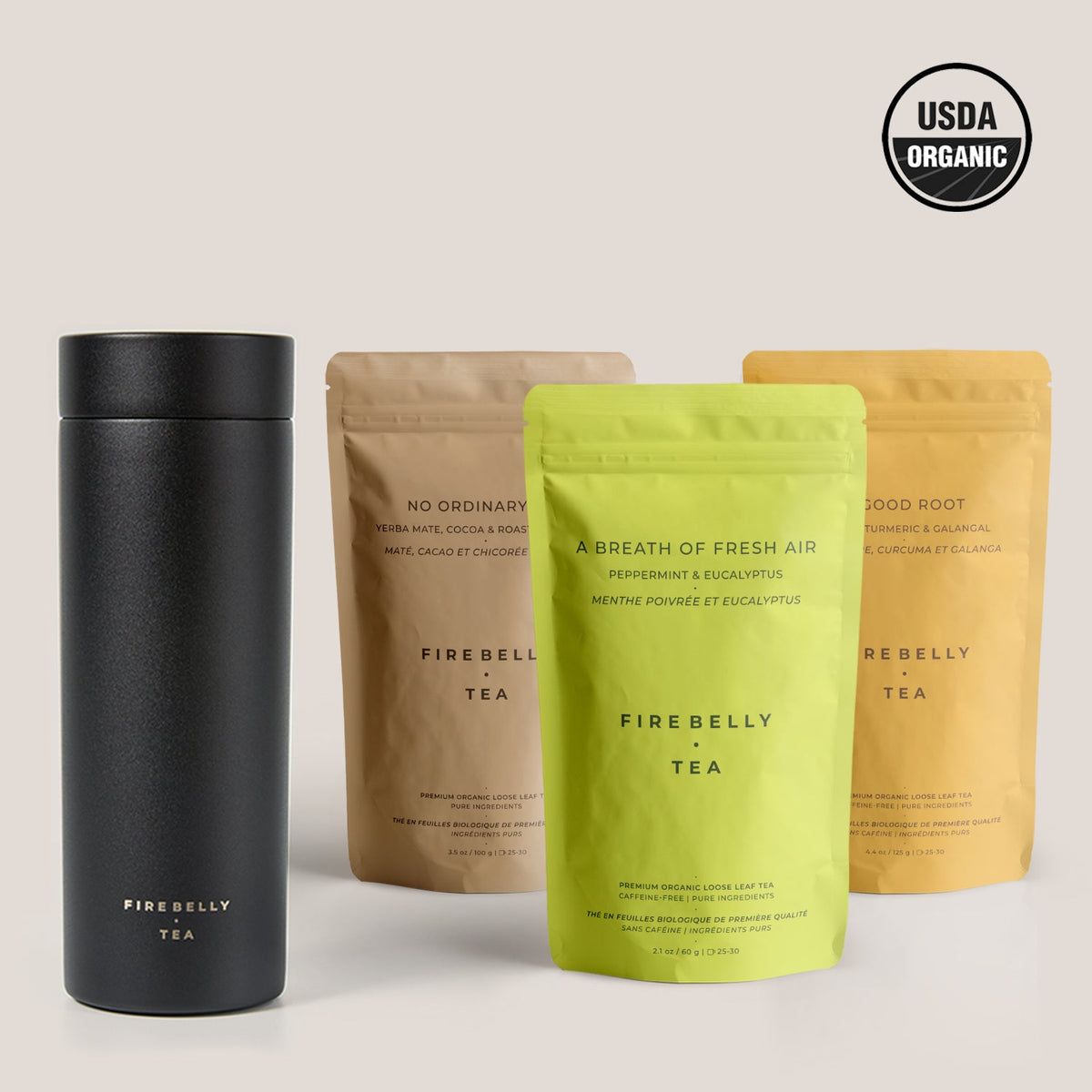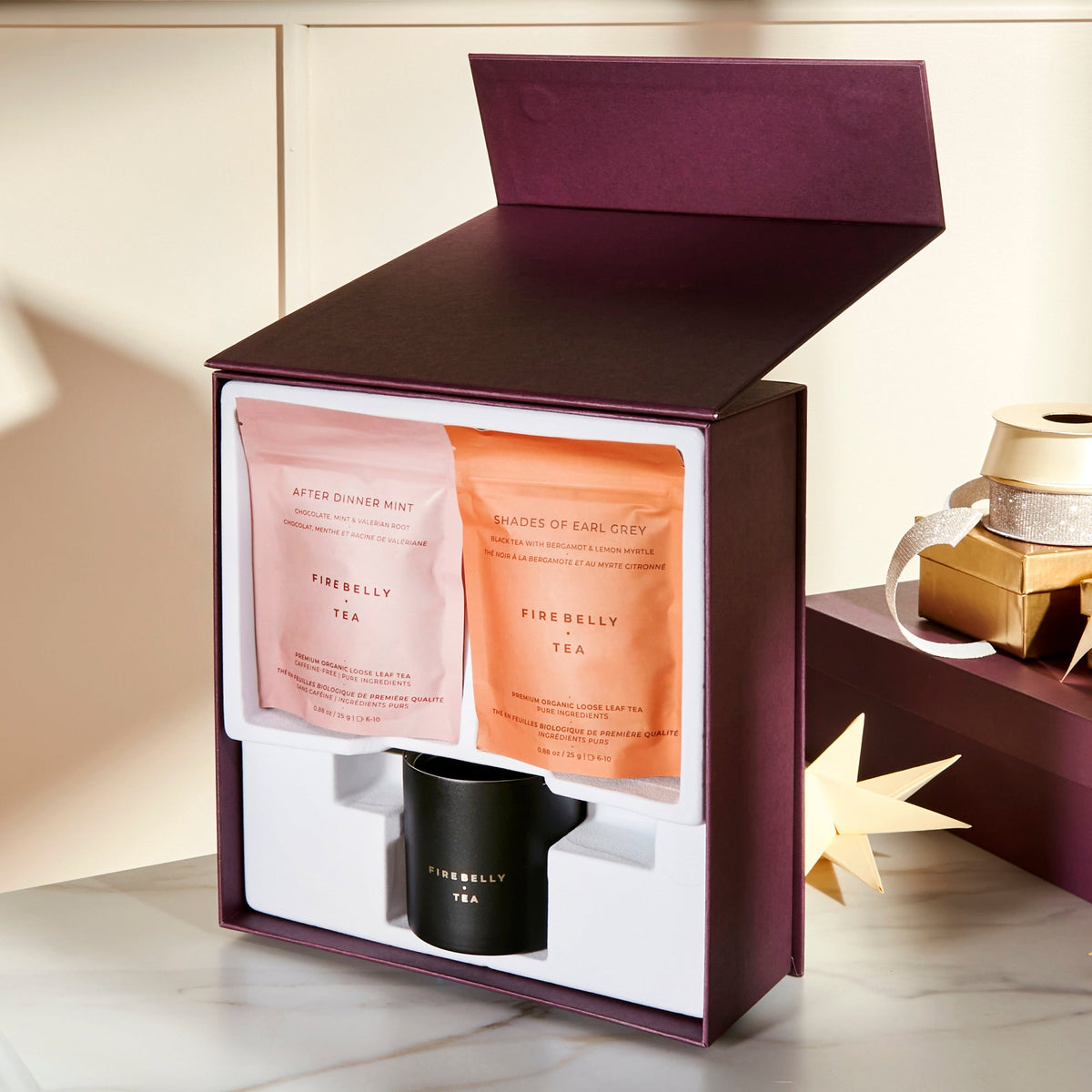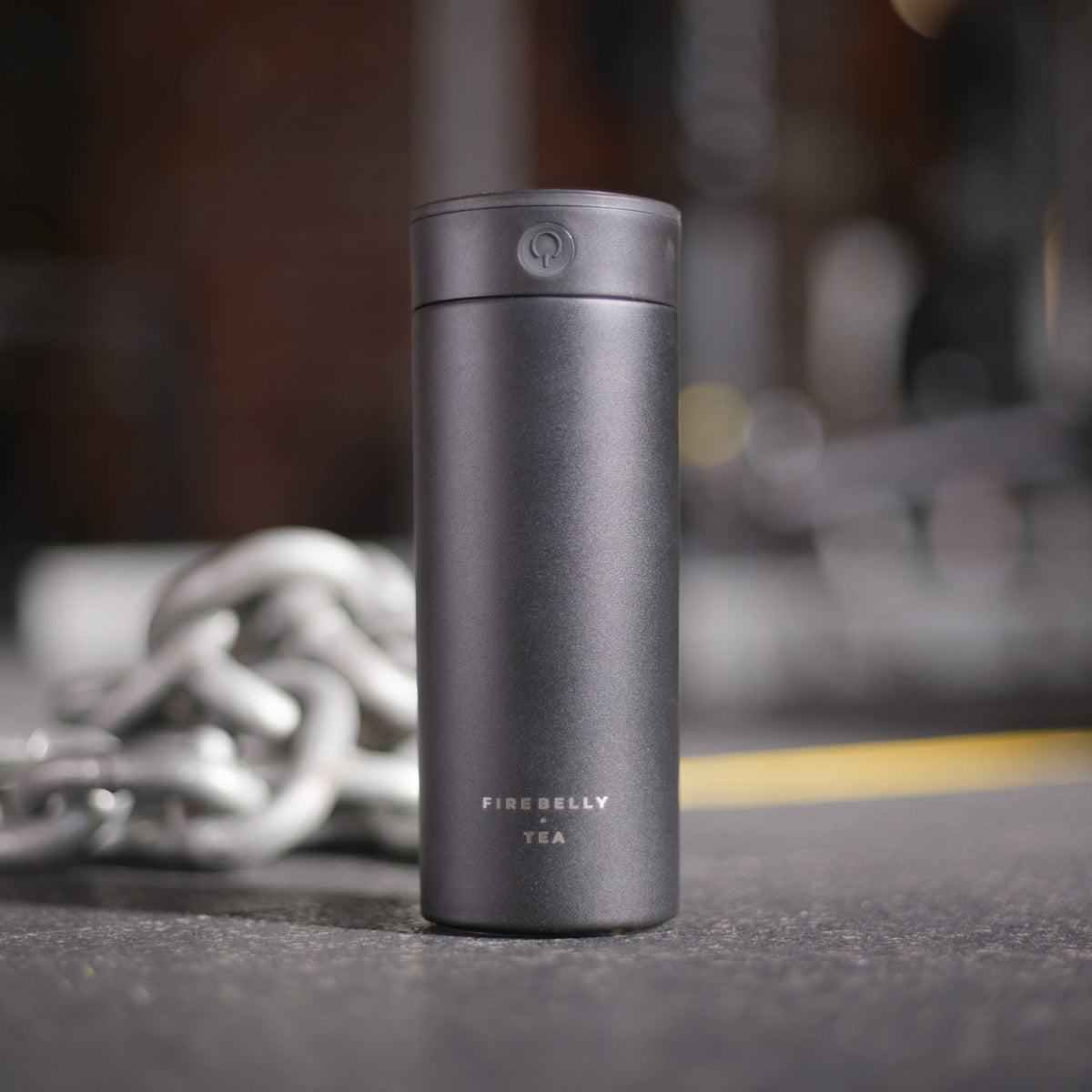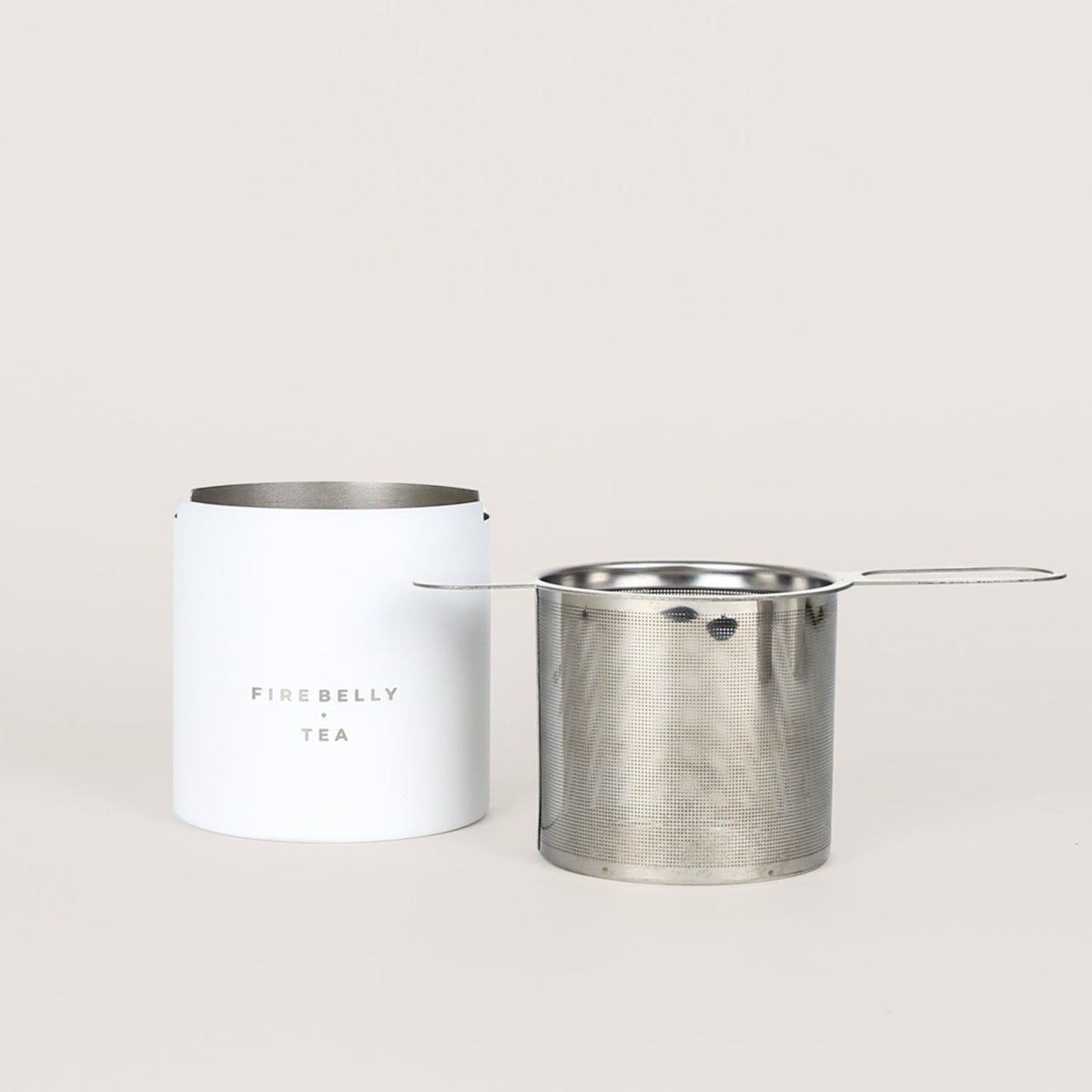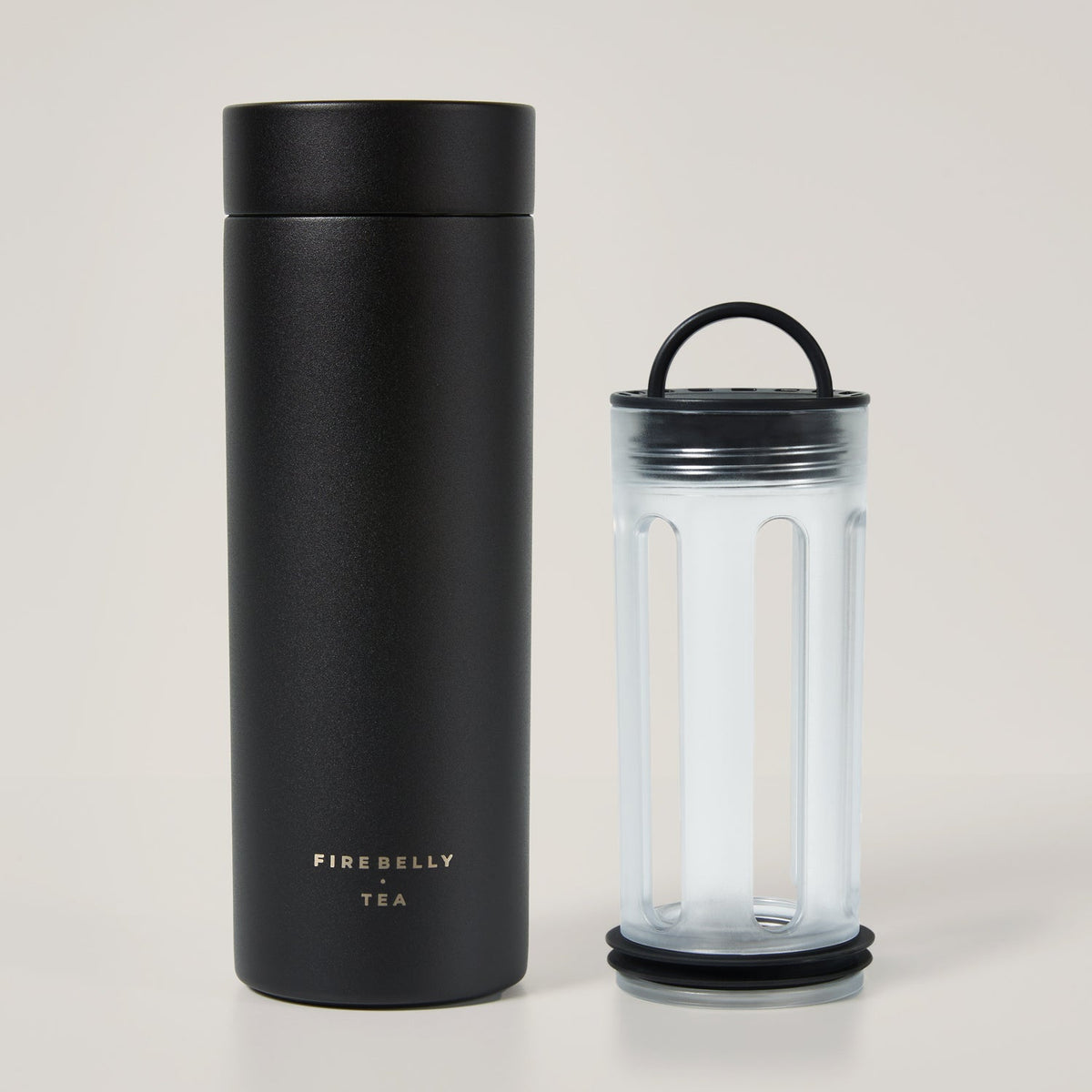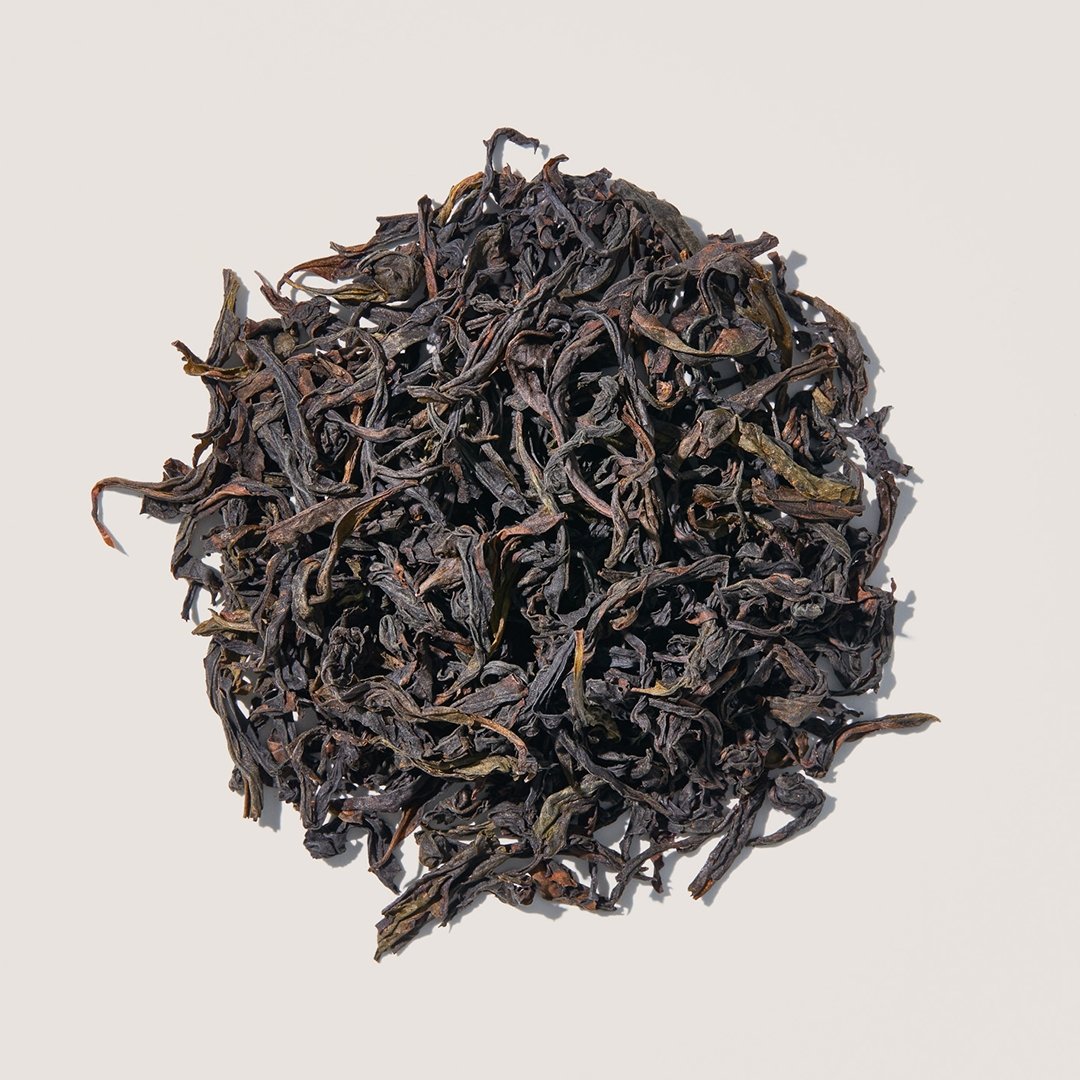Oolong tea may not be as well-known as black or green tea, but it packs a healthy punch! Like green and black tea, oolong is highly regarded for its many benefits. According to studies, oolong tea can lower the risk of heart disease, reduce high blood pressure and blood sugar, help decrease body fat, and much more.
This article will explore the many health benefits of this traditional Chinese tea and discover why this hidden gem is making a massive splash with tea drinkers worldwide.
What is Oolong Tea?
The exact origins of this artisan tea are hard to pinpoint. One legend tells of a man named Wu Liang (mispronounced as Wu Long, or Oolong) who supposedly discovered the beverage by accident while picking the leaves from his tea bushes. A deer distracted him from his work. When he returned to it, the leaves were already starting to oxidize.
Like green tea and black tea, the oolong tea leaf comes from the Camellia sinensis tea plant. Their processing is the most significant difference between oolong, black and green teas. Oolong tea is made through a process of oxidation. A chemical reaction happens when the Camellia sinensis plant leaves are exposed to air.
The fresh tea leaves of green tea do not go through this process at all, while the black version goes through complete oxidation. Oolong tea falls somewhere in the middle as the leaves are left to wilt in the sun and are only partially bruised to create a little oxidation.
Today oolong producers are found in India, Japan, Sri Lanka, Thailand, and New Zealand, and this ancient loose leaf tea is gaining much popularity in tea houses, high-end coffee shops, and health-conscious homes.
Oolong Tea Nutrients
Like green or black, oolong tea leaves contain several minerals and vitamins and are jam-packed with antioxidants! When you drink a cup of brewed oolong tea, you'll also get some magnesium, calcium, and potassium in!
Even though black, green, and oolong come from the same plant, the caffeine levels are different - green tea contains around 29mg of caffeine, black has about 47 mg of caffeine, while oolong has approximately 38 mg of caffeine.
Many potential health benefits in oolong tea leaves come from the main antioxidants or polyphenols: theaflavins, thearubigins, and EGCG. Consuming oolong tea also provides the amino acid L-theanine, which may positively affect brain function and stress management.
The Beneficial Effects of Drinking Oolong Tea
Drinking tea is synonymous with images of a refreshing morning cup while you scan the daily news and as a relaxing afternoon beverage to help you get through the day.
Drinking oolong tea daily could give you more than just a nice feeling; it may also help you with several health-related problems. Let's explore what drinking oolong tea may do for your overall well-being.
Important note: Before you add oolong tea or an oolong tea extract to your daily regime, talk to your healthcare provider. Tea consumption that provides too much caffeine can affect and interact with certain medications and may cause serious side effects.
Oolong Tea May Help Protect Against Diabetes
In general, drinking tea has shown promise in protecting against complications from diabetes. Oolong tea may ease insulin resistance, decrease inflammation in the body and improve glucose metabolism.
Oolong Teas and Heart Health
Black, oolong, and green teas contain antioxidants for improved heart health. Several studies indicate that regular consumers have lower blood pressure and cholesterol levels and a lower risk of cardiovascular disease.
A recent study showed that people who drank six or more cups of oolong, black, or green tea daily had a much lower rate of heart disease than non-tea drinkers. It may also help with iron absorption when consumed at meals.
It is worth noting that since oolong tea contains caffeine, it may create a bit of hypertension in people. More research is needed to fully understand caffeine intake and drinking black, green, or oolong tea.
Those who love the refreshing flavor of oolong tea but don't want a massive caffeine kick will be happy to hear it contains less caffeine than coffee. So in most cases, having one cup of oolong tea a day should not affect you much.
Oolong Tea And Weight Loss
Drinking green, black, or oolong teas may help people lose weight. Studies have linked weight loss with this special tea's bioactive compounds. In a study by the National Center of Biotechnology Information, obese subjects who have commonly consumed oolong tea noticed a drop in weight.
Some research indicates that the antioxidant activity in tea is responsible for decreasing body fat. However, ongoing research shows that tea's ability to enhance enzyme inhibition and how antioxidant properties interact with the gut microbiota could be the driving force behind weight loss.
Besides the potential for weight loss through antioxidant and enzyme activity, oolong tea may also help people shed those extra pounds because it increases energy expenditure. While it may not decrease fat directly, the more calories you burn during resting periods, the more likely you will lose weight!
A recent animal study in diet-induced overweight rats showed that oolong tea extracts did help increase fat oxidation. While there's no concrete scientific proof that you'll lose weight if you drink oolong, there is ongoing research, and we may have a definite answer soon enough.
Important note: Drinking tea is not a quick fix for obesity. Even though tea's antioxidant activities, appetite suppression, and caffeine are all linked to controlling weight gain, following a healthy meal plan and doing regular exercise is the only sustainable way to maintain a healthy weight.
Oolong Tea And Improved Brain Function
Recent studies show that consuming tea leaves may help improve brain function and memory, even protecting brain function as a person ages. Oolong tea contains caffeine, which may increase dopamine and norepinephrine release, which improves attention, mood, and brain function.
Oolong, Black And Green Tea And Protection Against Certain Cancers
Scientists believe that the level of antioxidants found in black, green, oolong, and even white tea may help prevent cell mutations that can lead to certain types of cancer.
Polyphenols, the chemical compounds in tea that affect the flavor and mouthfeel, may be responsible for a decrease in the rate of cancer cell division.
Tea drinking and reducing the risk of cancer have been studied for the following:
-
A lower ovarian cancer risk.
-
Decreased risk of lung cancer.
-
Decreased risk of pancreatic cancer.
-
Lower risk of liver cancer.
-
Reduced risk of colorectal cancer.
Many of these studies caution that there is not enough concrete evidence to back up the claims of the effectiveness of oolong tea and reducing the risk of certain cancers. Even though we can't classify oolong tea as a medicine, it can form part of a healthy lifestyle.
Oolong Tea And Bone Density
The antioxidants in it may help promote bone mineral density. One study showed that drinking black, green or oolong tea over a decade had 2% higher overall bone density. A higher bone density means a person may experience fewer bone fractures and have better overall dental health.
Tea And Eczema
Both green and black teas have been studied for the potential to help ease the symptoms of eczema and other skin conditions.
Safety and side effects of oolong tea
Many studies are pointing to the benefits of drinking this warm and inviting drink. It has been considered a generally safe beverage for centuries, but there are some cases where the drink may produce some side effects.
Caffeine Levels
Oolong tea does contain caffeine, and both caffeine and EGCG can lead to several side effects. Everything from headaches, anxiety, irregular heartbeat, and insomnia. In some rare cases, caffeine may increase a person's blood pressure.
Excessive Polyphenol Antioxidants
Consuming too many polyphenol antioxidants may make them behave like pro-oxidants. Pro-oxidants can increase a person's stress level and harm health. However, it is improbable this can occur from the small amount of tea.
Problems With The Absorption of Iron
Flavonoids in tea may upset iron homeostasis throughout the body. This makes absorbing iron more difficult. However, the exact amount of flavonoid consumption and how these mechanisms work are largely unknown.
Pregnancy and Caffeine
Although the amount of caffeine in oolong is relatively low, drinking 6-10 cups of the beverage every day and still not consuming too much. However, pregnant women should watch their oolong tea consumption and avoid drinking more than 3-5 cups of oolong tea per day.
Some Final Thoughts on Drinking Oolong Teas
Oxidized oolong tea is loaded with health benefits, and so are black and green tea. The sweet, roasted, woody flavor of oolong has just the right amount of melon undertones, making this malty black tea a balanced and multi-layered flavor sensation with lower caffeine content. So pour yourself a cup of this amazingly refreshing and warming beverage and enjoy!
